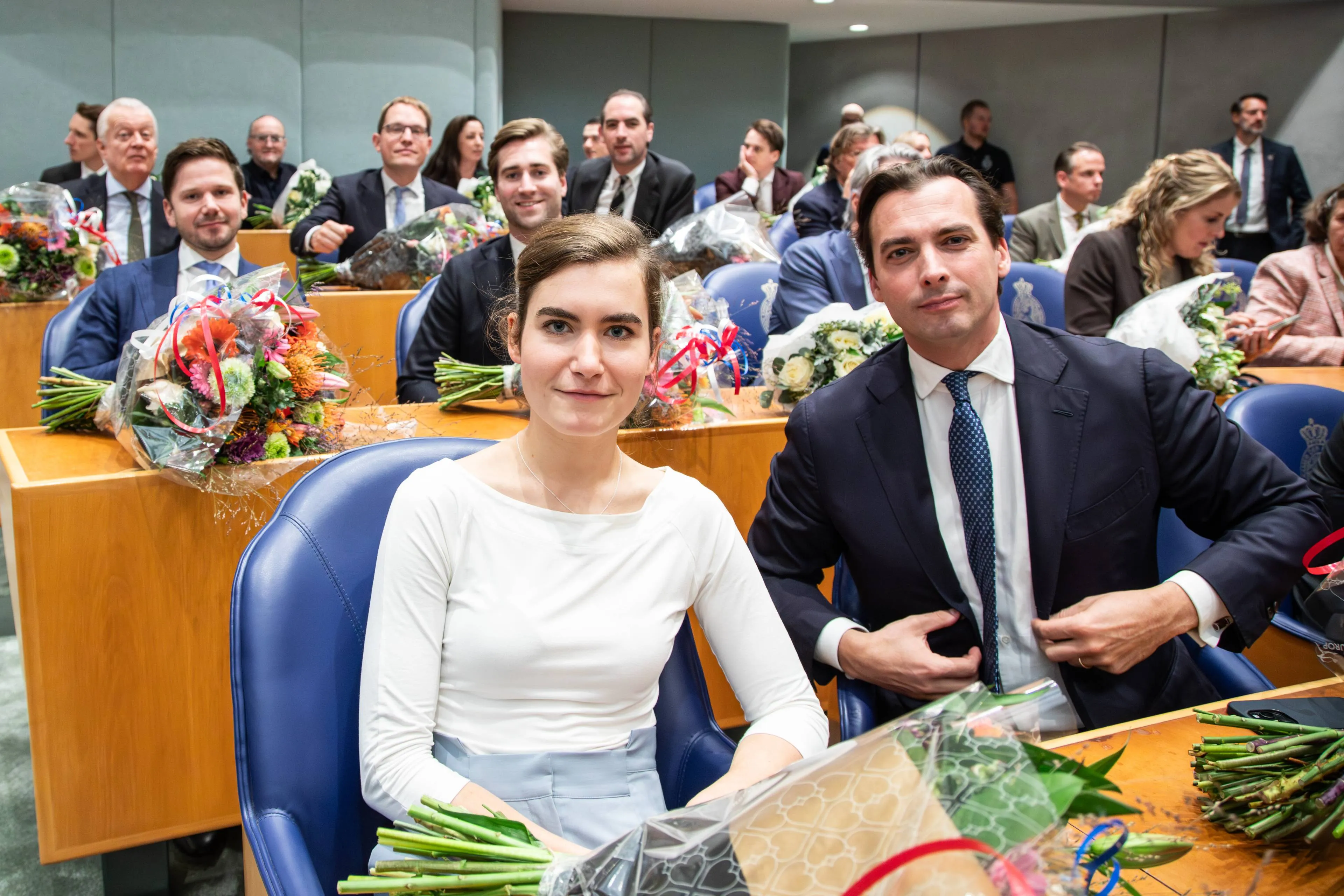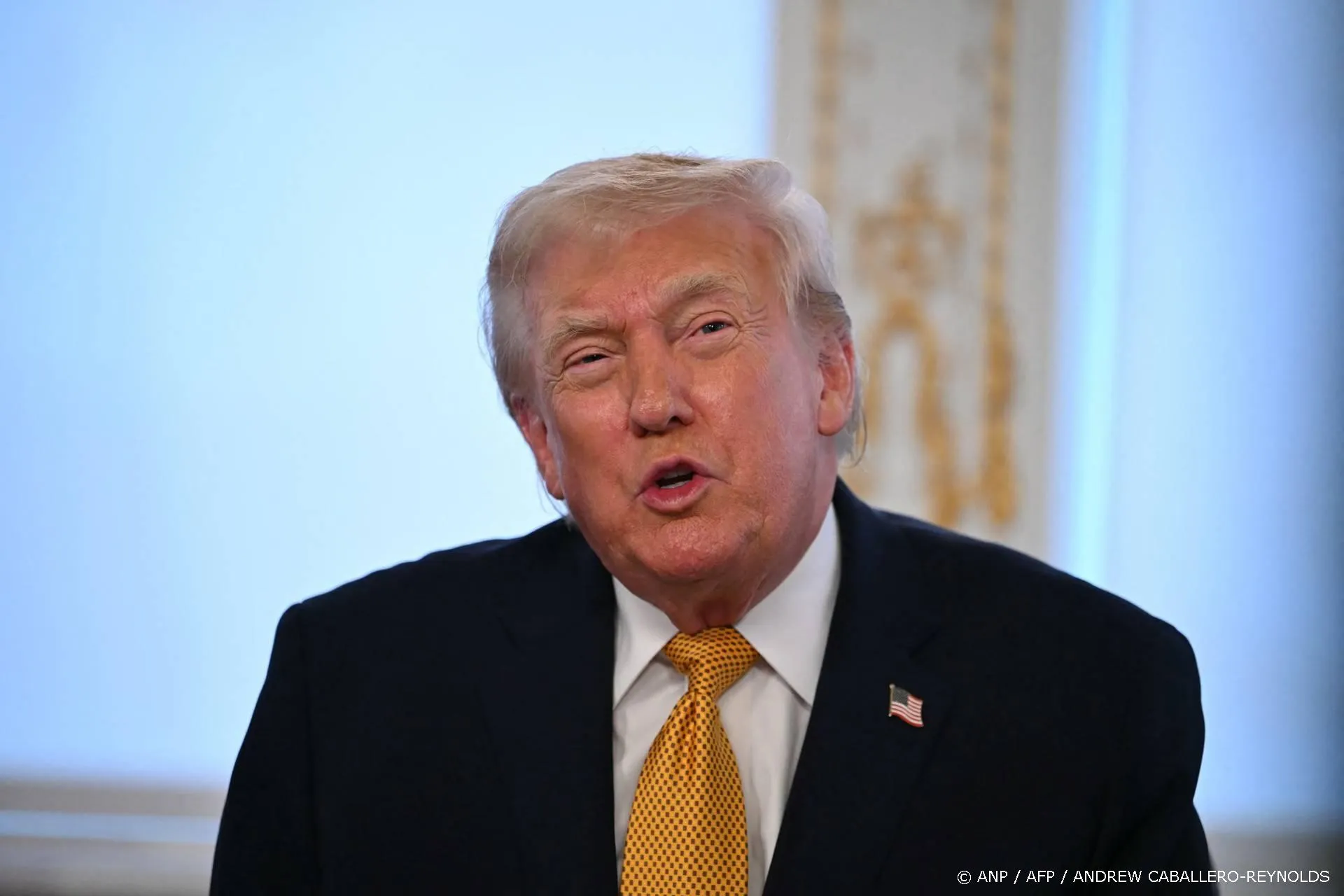Günther Keil voorspelt fiasco Duits energiebeleid
De drang om de wereld te redden, oefent een onweerstaanbare aantrekkingskracht uit op vele politici in het bijzonder die van 'progressieve' signatuur. Zij zijn bereid daarvoor grote offers te brengen. Of, om het nauwkeuriger te formuleren, zij zijn bereid daarvoor de burgers grote offers op te leggen. Deze drang is vaak som zó sterk dat de rationaliteit het moet afleggen tegen de emotie.
Duitsland is traditioneel een vruchtbare voedingsbodem gebleken voor dit soort gevoelens van 'Sturm und Drang'. Een modern voorbeeld daarvan is klimaathysterie, die Duitsland nog steeds in haar greep houdt en die er thans toe leidt dat de oerdegelijke reputatie die 'Standort Deutschland' genoot, in rap tempo door het eigen energiebeleid wordt afgebroken.
Gelukkig zijn er nog steeds mensen die het hoofd koel houden en niet voetstoots aannemen dat een miljoen lemmingen toch geen ongelijk kunnen hebben wanneer zij zich zonder zwemdiploma van de rotsen in de zee storten.
Eén daarvan is Günther Keil, die onlangs haarfijn uitlegde waarom het Duitse energiebeleid op een fiasco afstormt. Onder de titel, 'Energy Expert: Germanys Renewable Energy Transition Will Fail Spectacularly Heavily Damaging The Economy', bericht Pierre Gosselin daarover het volgende op zijn blog:
The European Institute for Climate and Energy (EIKE) issued a press release on a 28-page report that German energy expert Dr. Günther Keil wrote concerning Germanys transition to renewable energy, and away from nuclear and fossil fuel energy. As the report shows, Germanys transition to green energy is turning into a real horror story. The 28-page full report will keep you up at night!
Energy expert Dr. Günther Keil has closely examined Germanys energy policy of shifting away from nuclear and fossil fuels and over to renewables. What he finds is a bleak picture.
Years ago Germany ambitiously embarked on transforming its energy supply system, and hopes to supply at least 80% of its energy needs through renewable energies by 2050, and thus become a moral leader on environmental responsibility for the rest of the world. To do this, the former Socialist-Green coalition government, led by Gerhard Schröder, enacted the so-called Renewable Energy Feed-In Act (EEG) in 2000. This Feed-In Act requires electric utilities to buy all renewable energies, such as solar and wind power, from all producers at fixed, exorbitant rates and to feed it into the power grid for a period of 20 years. This has led to a boon as thousands of homeowners, businesses, and investors have installed thousands of megawatts of solar and wind power capacity over the years.
The current Conservative-Liberal government, not to be outdone by its predecessor, is also gleefully pushing the Feed-In Act to the limit. The problem is that these energy sources are weather-dependent and thus their sporadic supply is starting to wreak havoc on Germanys power grid and is even now threatening to destabilize power grids all across Europe.
The other problem: the power grid needed to distribute the decentrally produced green power is simply not there yet. They forgot to build it! So far, after tens of billions of euros spent on renewable energy systems and higher prices for consumers, not a single coal or gas-fired power plant has been taken offline. To the contrary, old inefficient German plants have been brought back into service in an effort to stabilize the grid.
To make matters worse, in a fit of panic and hysteria, the German government shut down 8 of its older 18 nuclear reactors in the wake of the Fukushima disaster, thus removing a very cheap and stable supply of power and further pushing the grid to the limits. Before the shutdown of the nuclear reactors, Germany had been a net power exporter; today it is a net power importer and is at times severely straining neighboring power grids.
To compensate for the missing nuclear power, the government is now heavily promoting even more weather-dependent wind power, which is further destabilizing the German and European power grids. A solution to the problem of storing electricity is still at least a generation away. The question of course is how could such absurd decisions have been made to begin with? Were there no experts involved in the planning of the new power generation infrastructure? The answer obviously is no.
Power executives are viewed as evil, dirty and greedy polluters, and thus were never really consulted. They could not be counted on to give the politically correct solutions. Therefore the decision to shut down the German nuclear power plants and to massively support renewables was done unilaterally by the government, without consulting the power executives or even neighboring countries.
En zo gaat het verhaal verder met technische details.
Conclusie:
Dr. Günther Keils report focusses in detail on the amazing absurdities of Germanys Renewable Energy Feed-In Act and the countrys utopian Energy Transformation. The government, through intrusive meddling and ballooning bureaucracy, has maneuvered Germanys energy supply system into a vicious death spiral: the more the government intervenes, the greater the mess becomes. And the greater the mess becomes, the more the government intervenes!
Dr. Keil concludes: Germanys energy transformation has already failed. For Germans, the outlook is bleak. the planned mismanagement is heavily damaging the economy and will fail spectacularly some years later because its economic and social costs will have become unbearable. The question remaining open is how many billions of euros will have to be destroyed before a new energy policy (a new energy transformation?) picks up the shattered pieces.
Lees verder hier.
Het is ongelofelijk te moeten constateren hoe hordes beleidsmakers door deze vlaag van collectieve verstandsverbijstering het spoor bijster zijn geraakt. Maar, zoals Neerlands bekendste voetbalfilosoof pleegt te zeggen: 'Elk nadeel heeft z'n voordeel'. De Duitse beleidsblunders bieden de Nederlandse elektriciteitsproducenten nieuwe exportkansen.
Ik ben er overigens niet blij mee dat het zo zou moeten gaan. Maar als het niet kan zoals het moet, dan moet het maar zoals het kan.
Ga verder met lezen
Dit vind je misschien ook leuk
Laat mensen jouw mening weten
Lees ook
Loading


